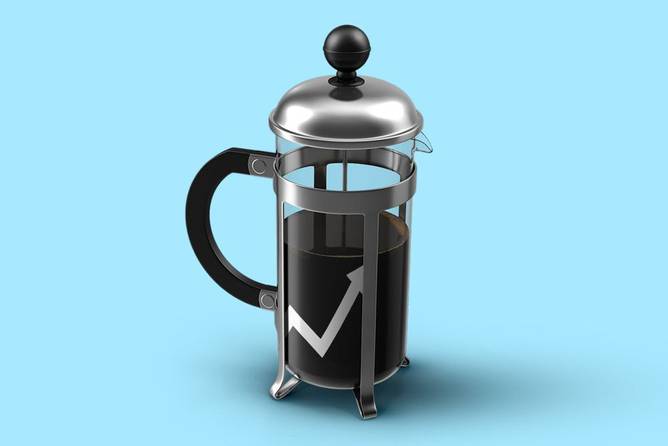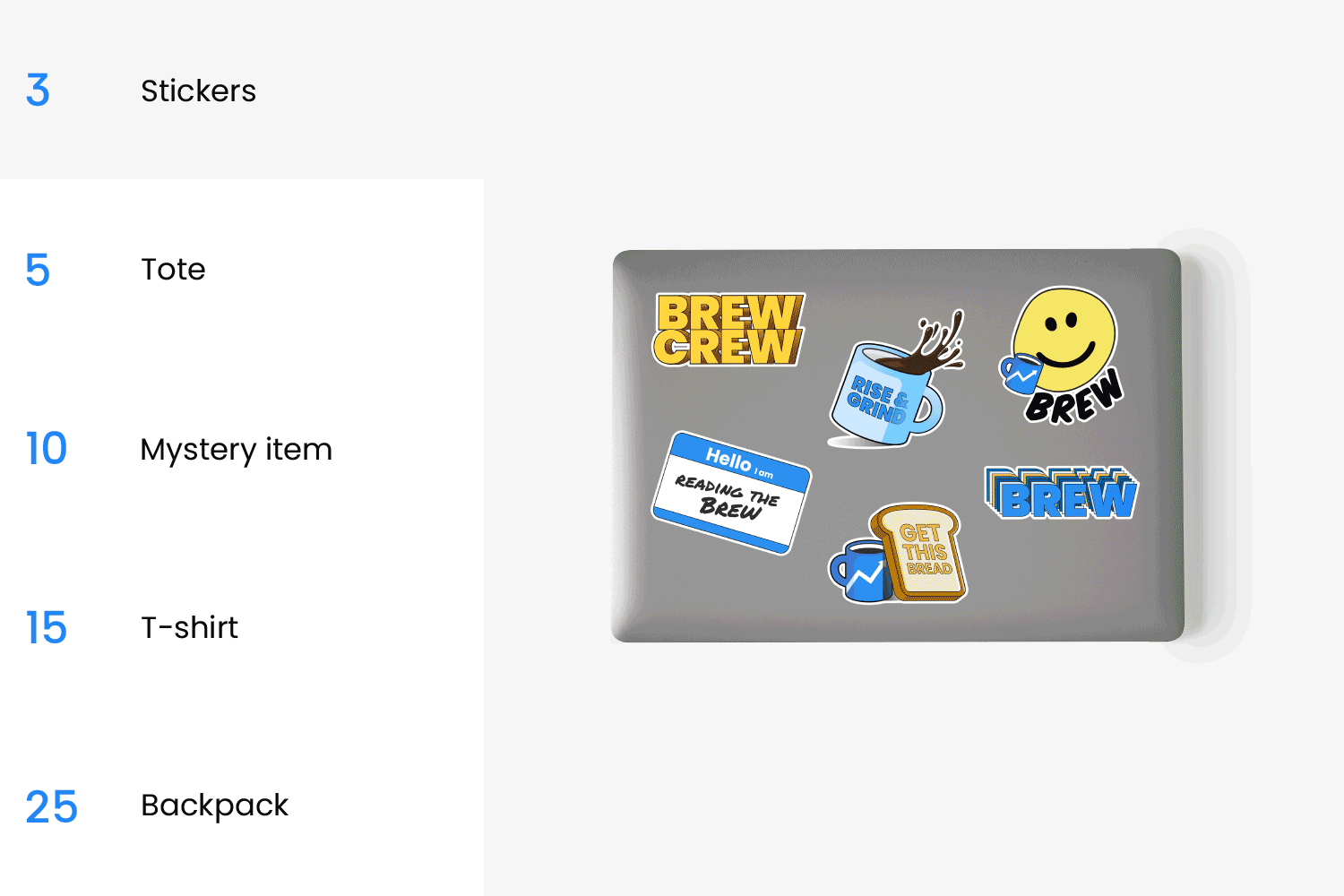|
As budget-conscious consumers seek to secure more bang for their buck, in many CPG categories, they’ll opt for a cheaper product or even a private label. But in beauty, shopping behaviors have been a bit different—and brands are taking note.
In the first half of 2024, US prestige beauty sales grew 8%, while mass sales flattened, according to Circana data. Larissa Jensen, global beauty industry advisor at Circana, told Retail Brew that premium-priced products within mass are also “growing at a much healthier rate,” while value-priced items have softened. Consumers are leaning into higher-priced items even in categories like hair care that mass has historically dominated, she said, as products with average prices of $30+ grew at three times the rate of lower-priced items.
At the same time, mass brands are making a premiumization push, with companies like L’Oréal, Unilever, and Not Your Mother’s seeing sales boosts after debuting elevated products at higher price points within skin care and hair care. Now, as consumer expectations and spending habits change and brands adjust, the gap between mass and prestige could be narrowing.
Mass reconstruction: Within hair care, a Circana consumer survey found that 42% of consumers who bought products in the prestige retail market believed that those products were more effective than those in mass, and were therefore “willing to invest,” Jensen noted.
Hair care brand Not Your Mother’s is among several brands taking note of this interest in results-oriented products, making its first foray into more premium offerings with its bond-building line last year. (Its Curl Talk shampoo retails at Ulta for $8.99 for 12 ounces, while its Tough Love Bonding Shampoo is $11.99 for 10 ounces.)
The move was aimed at delivering on a “result that our consumers have come to expect from us,” establishing a bit higher price due to elevated formulas and technology used, Gavyn Melgar, VP of marketing at Not Your Mother’s, told Retail Brew.
Continue reading on Retail Brew.—EC
|










